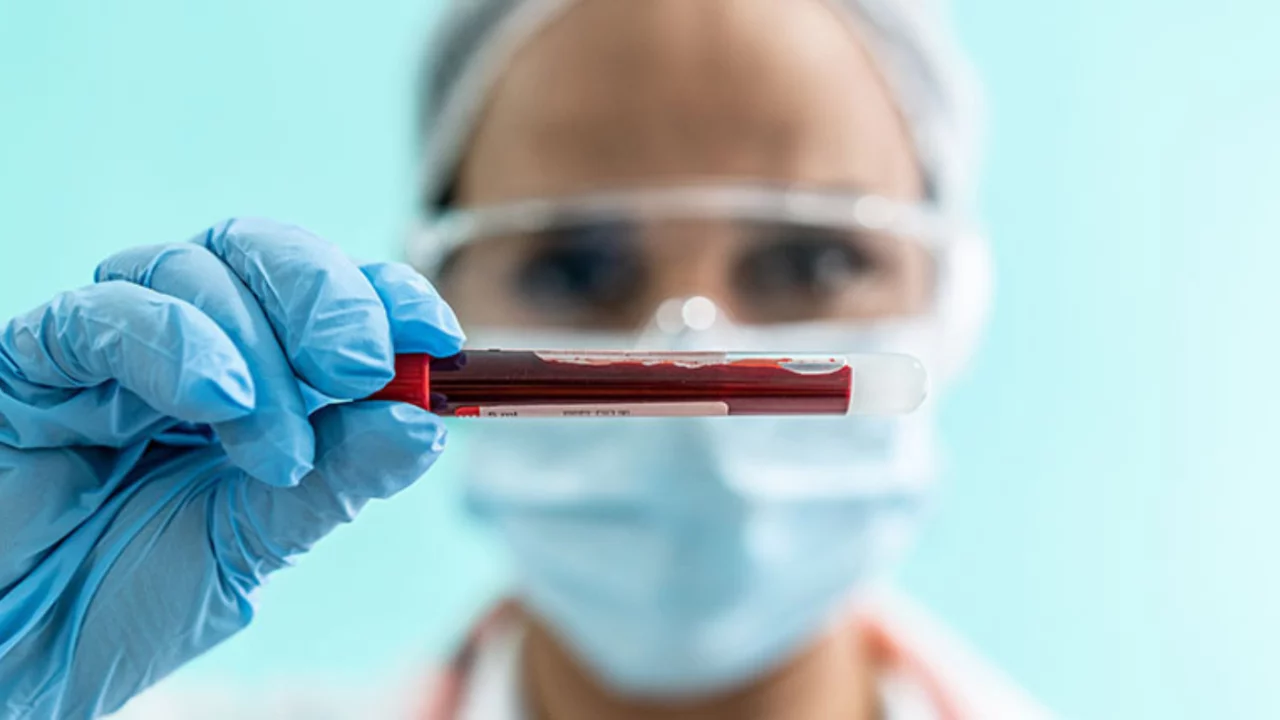Scientists have discovered the rarest blood type in history: only one person has it!

It is not in vain that they say the human body and its mystery have not yet been fully revealed. At an international medical conference held in Milan in June 2025, the announced news was noted as one of the most astonishing discoveries in world medicine. The French Établissement Français du Sang (EFS — French Blood Transfusion Center) scientists identified the rarest blood group in history. This blood group was named “Guadeloupe negative” and its sole carrier is a woman from the Caribbean island of Guadeloupe currently living in Paris.
This case is of great significance to the medical community not only scientifically but also practically. The new blood group is a completely new biological structure listed under the 48‑blood group system, and the immune response to it in the human body was previously unidentified.
This rare case was first recorded 15 years ago during preoperative tests on the woman. An atypical antibody that did not match any known blood group was found in the 54‑year‑old patient’s blood. But at that time doctors could not determine its nature. Only in 2019, with the help of high‑throughput DNA sequencing, scientists managed to study the issue scientifically and found that it was a rare genetic mutation.
According to experts, the patient inherited this blood group from her parents, each of whom was a carrier of the mutated gene. The combination resulted in this exclusive blood structure in the patient. This means she can be a donor only for herself.
According to Thierry Peyrar, a medical biologist at EFS, this case is extremely important in medicine. Because such unusual blood groups can cause serious risks in blood transfusion processes. Standard compatibility tests based on existing blood groups may be ineffective for this patient. That is why researchers are currently searching for other individuals with this rare blood structure.
This medical breakthrough opened new doors in the field of blood donation. According to EFS experts, modern genetic analysis methods, especially high‑throughput DNA sequencing, provide more opportunities to identify even rarer blood groups. This will enable providing individual help to patients with rare cases worldwide.
It is also worth noting that the international organization for blood group classification — ISBT (International Society of Blood Transfusion) — officially recognized this new blood group and included it in the world registry. This marks a new page in the history of medicine.
Scientists continue to study this rare case. They strive to determine not only the genetic factors but also the physiological impact of this blood group on the body. Perhaps in the future, special blood reserves will be created for people with such blood groups.
So far, “Guadeloupe negative” exists in a single person. But, in the future, if broader testing is conducted worldwide, more such individuals may be found. This will certainly be a new opportunity for medicine.
Read “Zamin” on Telegram!
Ctrl
Enter
Found a mistake?
Select the phrase and press Ctrl+Enter 

















